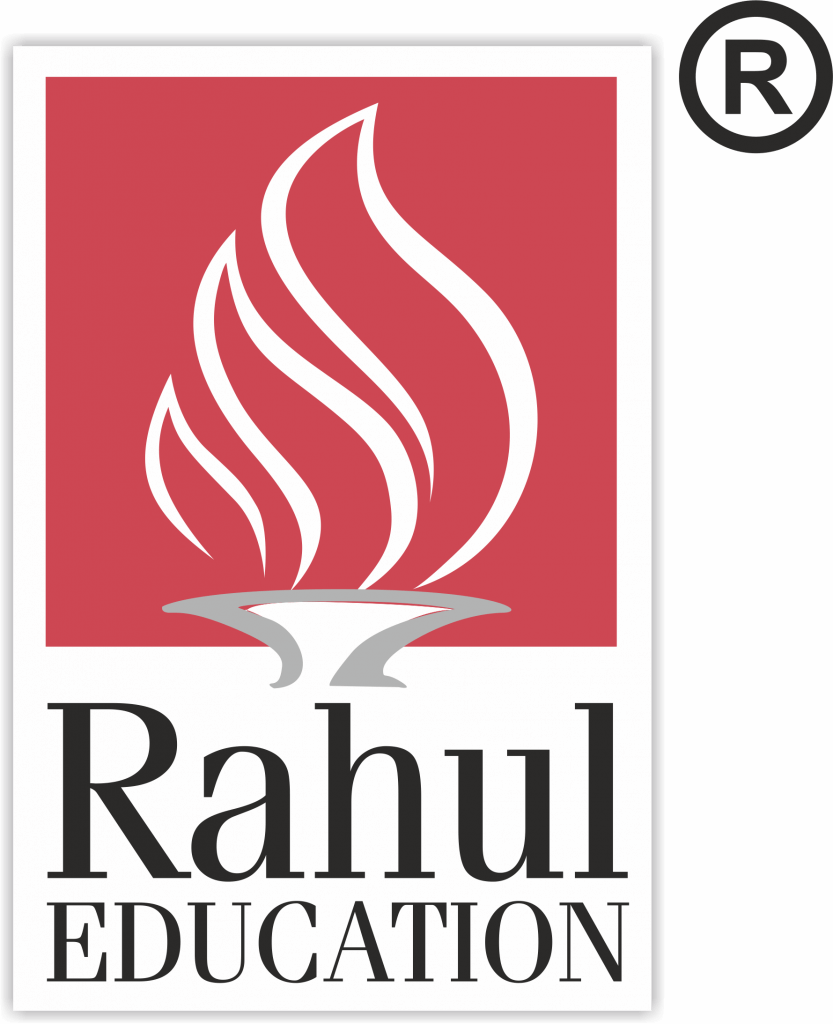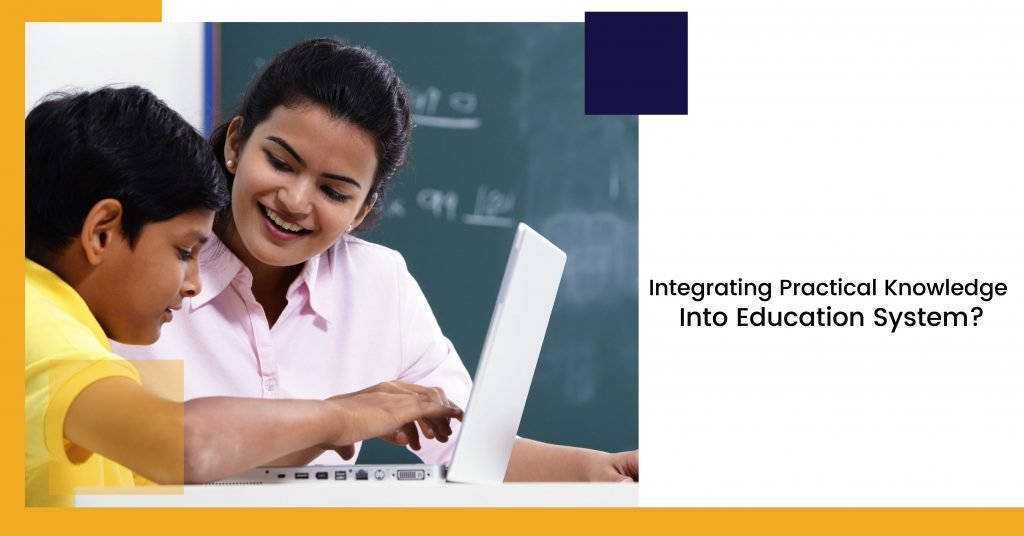We make the assumption that teaching leads to learning, but it is the experiences that teaching helps create that prompt learning . When a teacher uses an example from his or her own experience, learning can occur and can stimulate a desire for further learning
When we steer our minds and make a step towards knowing the world and people around us, our empirical knowledge helps us to develop a mindset to act accordingly. Theoretical knowledge gives us a base to understand the basics but practical knowledge tells us how to imply everything in our life.
School is one of the places where we learn most of the things and we start from scratch to gain knowledge. To gain knowledge about any particular subject theoretical knowledge is the first thing from where everyone starts, but what will be the situation if students are not able to use their knowledge just because of the lack of theoretical knowledge.
Is it possible to learn driving just by gaining theoretical aspects of it? A lot of questions come in mind when we think of situations like this. The scenario is very much similar when we talk about having practical knowledge in schools for the students. Some subjects are skill-based and need support by practicality along with theory. In such subjects, having practical knowledge is more significant than conceptual understanding. Practical work consists of projects, assignments, conducting experiments in research laboratories. Knowing about theory does not hold any importance for students if they are not able to apply it for a practical purpose.
What is the difference between Practical Knowledge and Theoretical Knowledge?
Hands-on knowledge is the experience that is obtained by day-to-day working. If we say it, in other words, it can be acquired by doing things on a regular basis; it is majorly based on real-life attempts and tasks. It is helpful in achieving certain techniques that become the weapon to achieve your goals. There are certain activities which can be acknowledged only through its implementation and gaining experience.
Whereas, if we talk about theoretical knowledge it is obtained through reasoning, techniques to implement the same. It educates us about why factor. It aids in to figure out why one approach gives the result on the subject and another fails. It is based on the experiences of different people and educates through that. It leads to the way to have a deeper understanding of an approach and to understand the context and conceptualize the why behind it. It is essential to frame the strategies to achieve the objectives.
Why practical knowledge is important in schools?
There are several reasons to justify why practical knowledge is important in schools let’s find out it.
- Any work carried out by students helps them to understand and remember it better. The work performed by any student helps them to have clarity about the subject or topic and that lasts with them for a longer duration.
- Practical work assists in empirical learning. Every theory of education should be backed with how it can be applied in laboratories or real life because it gives an understanding of how things are relevant when we put it into use.
- Hands-on motivates for self-learning. After knowing all the concepts and theories applying them and experiencing the outcomes of it helps in experimenting and learning several things on own.
- Practicality leads to be an expert in the respective field as more practice results in bringing out expertise. When students carry out the same task, again and again, they learn how to use concepts in applied knowledge which reflects if any mistake done by them. Rectifying the mistakes enhance their skills and make them experts
- The lecture method turns out to be tedious after a certain time hands-on work is a virtuous change. Sitting in the classroom for long hours every day becomes monotonous and reduces the interest of students to learn and concentrate. To imply conceptual things practically retains the interest of students and brings out a positive attitude towards the classroom teachings.
- Assignments that include practical work are generally executed in groups. Working in groups assist in infusing social characteristics and values such as sharing, combined effort, kindness, cooperation, etc.
- Practical work complements the conceptual knowledge. Practical and theoretical knowledge works for hand in hand, neither of them can help achieve the goal without each other.
- It helps in being independent and boost up the confidence. Theory integrated with practicals prepares the students for the awaiting field outside and trains them to perform best at their jobs. As things don’t turn out to be new it increases the confidence level of the students. There are several benefits associated with practical knowledge but theoretical knowledge holds equal importance. Practical assignments take place based on theory. Theory develops a stable base for practical work to get accomplished. Best results can be achieved only if there is a balance between theory and practical knowledge.
Sometimes practical work can be proved to be dangerous if it is done without the knowledge of theoretical aspects. Students performing experiments in the laboratories without knowing the chemicals can turn out to be dangerous for them if they don’t have any conceptual understanding of the same.
A child’s self-learning is because of the experience of knowing the event happening and identifying them through a practical perspective. This helps them to enhance the analytical knowledge and assist them to inspect in line with the facts. Hands-on knowledge provides an insight to visualize the things before executing it.
Conclusion – The learning of life truly comes when we implement the knowledge we have gained from different sources. Having the theoretical knowledge but being unaware about how to execute them will not lead to anywhere. Theoretical knowledge is helpful when can apply it in our day-to-day work to gain some experience and learning. Conceptual knowledge is very essential to provide us with the base of the fact and about the things which will be implemented by us.

Dr. Mamta Singh
B.A | B.Ed | M.A | Persuing M.Ed
School Principal at Rahul Education, Queen Mary’s High School
FAQS
- Putting Knowledge into Practice (Head, Heart, Hands, Nose)
- Knowing what you know and what you don’t;
- Feeling what you feel and honoring the feelings of others;
- Applying the appropriate method at the right time; and.
- Following your instincts, while testing the veracity of your gut.
Practical knowledge can often lead to a deeper understanding of a concept through the act of personal experience. Theoretical learning is what the knowledge is about and the practical application is how the knowledge learnt needs to be implemented in certain real life situations.
When studying, it’s important to get a hands-on understanding of your subject and how the theory you learn applies to real-life situations. Practical learning allows you to learn quick adaptations needed for daily challenges and scenarios and allows you to get a better understanding of your course topic.
Practical knowledge is very important to understand how things actually work. As it occurs and develops in those concrete situations where it is learnt, it is contextual and social in nature and helps you acquire the specific techniques that become the tools of your trade.
Practical work encourages self-learning. Practical work familiarizes students with tools and equipment that he will be required to use. Practice leads to perfection. One cannot become an expert overnight; greater the practice, greater the expertise.
Theoretical knowledge means learning anything without adopting practical approach. It helps you understand why one technique is successful while the other fails. Practical knowledge can often lead to a deeper understanding of a concept through the act of personal experience.
Practical skills are self-help and life-saving skills and lessons that you can learn (often easily), teach to others, and practice every day to prepare and protect your and others’ health. Most practical skills do not require special certification or formal training to perform, but you do need education.
You would need to use practical intelligence in emergency situations where you would need to think quickly. Describe a situation in which cultural intelligence would help you communicate better. Cultural intelligence would help you communicate better when you are traveling and visiting a different country.


